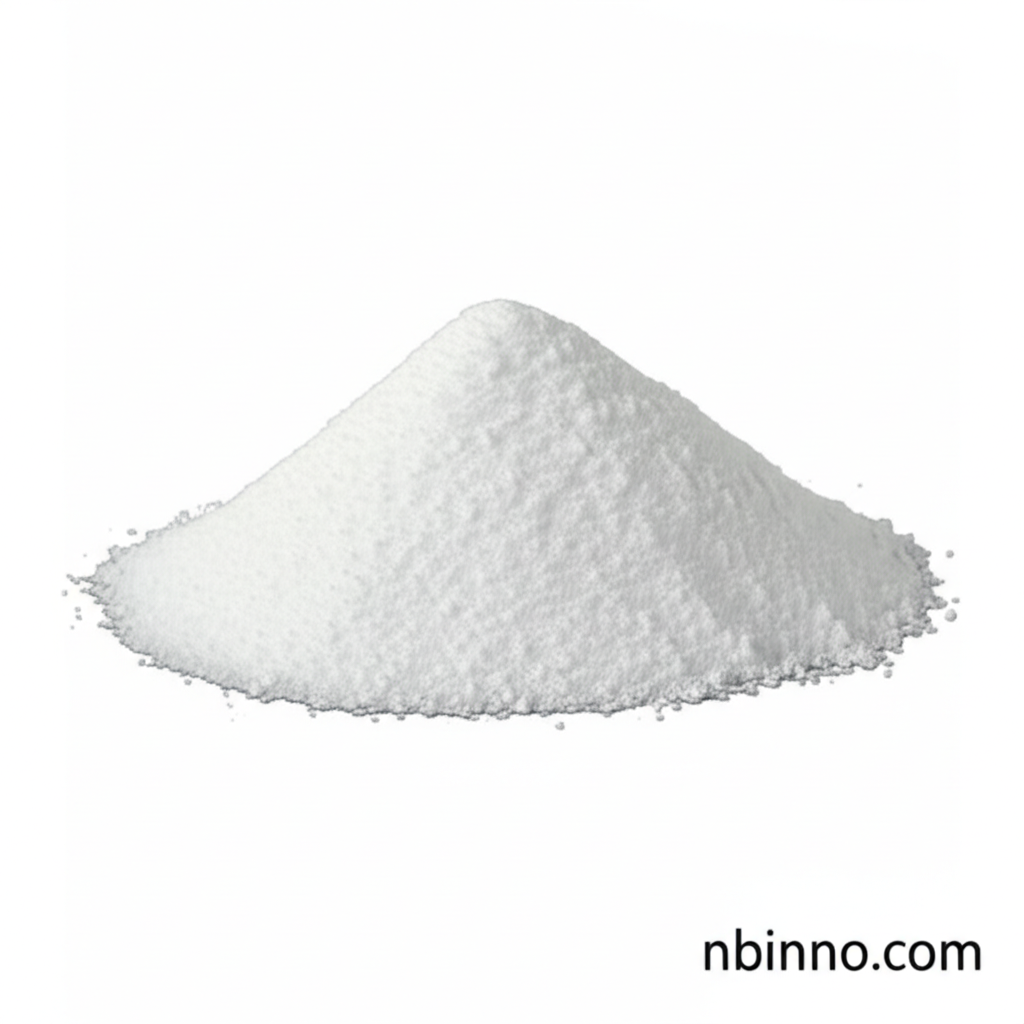2'-deoxyguanosine: A Vital Purine Nucleoside for DNA Synthesis and Oxidative Damage Research
Explore the critical role of 2'-deoxyguanosine in DNA replication and its significance in understanding oxidative cellular damage.
Get a Quote & SampleProduct Core Value

2'-deoxyguanosine
2'-deoxyguanosine (dG) is a fundamental purine nucleoside essential for life, serving as a building block for DNA. Upon sequential phosphorylation by kinases, it transforms into dGTP, the substrate utilized by DNA polymerases and reverse transcriptases for DNA synthesis. Its unique electronic properties make it the most electron-rich among the four canonical bases, with numerous nucleophilic sites vulnerable to oxidative damage. This inherent susceptibility makes 2'-deoxyguanosine and its oxidized derivatives invaluable tools for researchers investigating the intricate mechanisms of oxidative damage to nucleosides and nucleotides.
- The study of 2'-deoxyguanosine oxidative damage provides critical insights into cellular aging processes.
- Understanding the role of deoxyguanosine in DNA synthesis is key to developing new therapeutic strategies.
- Researchers utilize deoxyguanosine reagents to probe mechanisms of oxidative damage to nucleosides.
- The high purity of 2'-deoxyguanosine ensures reliable results in biochemical experiments.
Advantages Provided by the Product
Facilitates DNA Synthesis Research
As a precursor to dGTP, 2'-deoxyguanosine is indispensable for studying DNA replication and the function of DNA polymerases.
Enables Oxidative Damage Studies
The susceptibility of deoxyguanosine to oxidative damage makes it a crucial compound for researchers investigating cellular response to reactive oxygen species.
High Purity Assured
With an assay of u226599.0% (HPLC), this deoxyguanosine ensures accuracy and reproducibility in critical research applications.
Key Applications
DNA Synthesis
As a key precursor for dGTP, 2'-deoxyguanosine is fundamental in studies involving DNA replication and repair mechanisms.
Oxidative Stress Research
Its known susceptibility to oxidative damage makes deoxyguanosine a vital tool for understanding the impact of reactive oxygen species on cellular components.
Biochemical Reagent
Researchers utilize deoxyguanosine as a standard reagent for in vitro studies related to nucleic acid biochemistry and molecular biology.
Nucleoside Metabolism Studies
Investigating the pathways and regulation of deoxyguanosine metabolism is crucial for understanding cellular health and disease.
